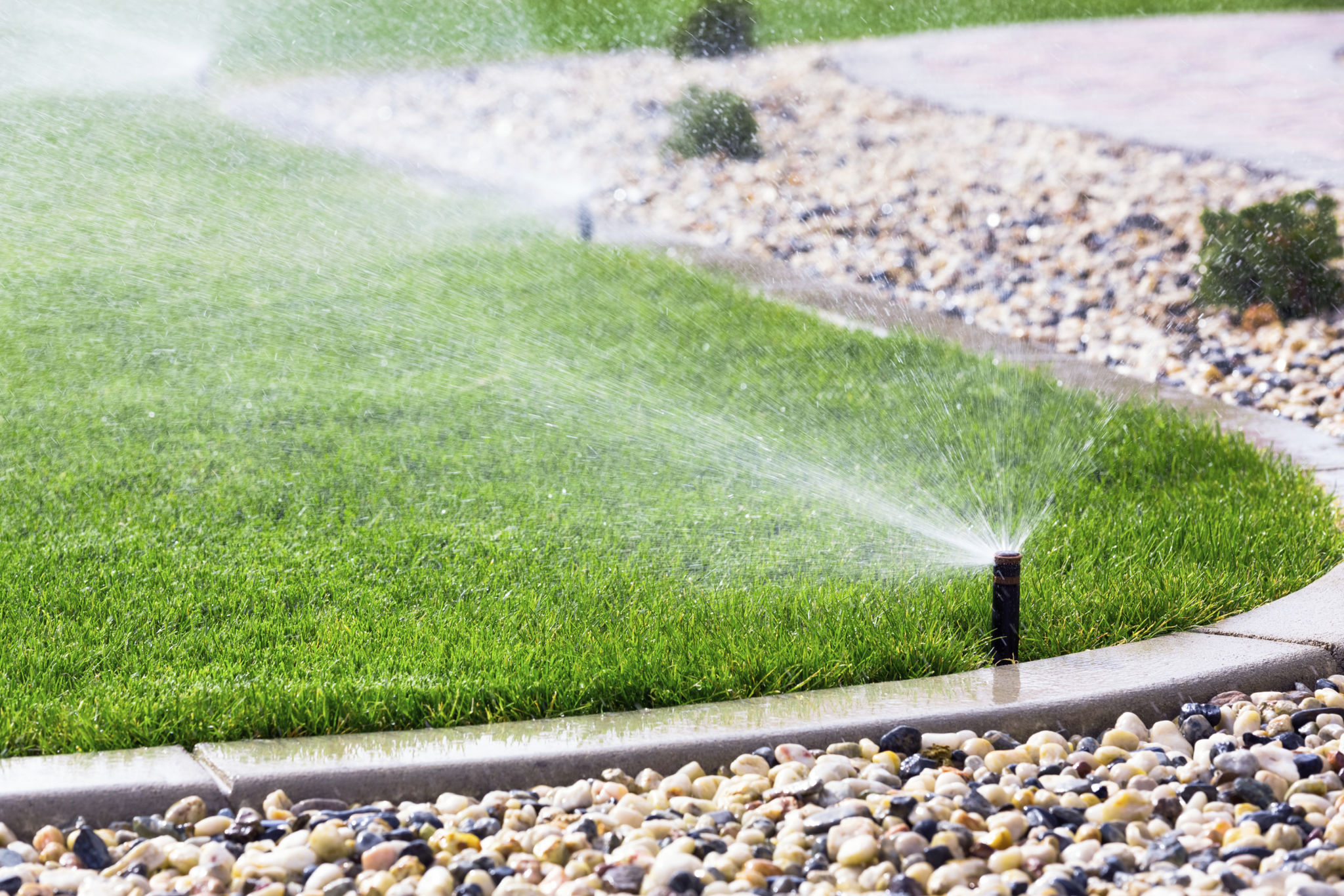Common Lawn Care Myths Debunked: What Wilmington Residents Need to Know
Understanding Lawn Care Myths
Lawn care is a crucial aspect of home maintenance, yet it is often surrounded by myths that can lead homeowners astray. Wilmington residents, in particular, may find themselves adhering to outdated or incorrect practices. This blog post aims to debunk some of the most common lawn care myths to help you achieve a lush, green lawn.
Myth 1: Watering Daily is Essential
One of the most prevalent myths is that lawns need daily watering to stay healthy. In reality, overwatering can be just as damaging as under-watering. Lawns typically require about an inch of water per week, which can be achieved with deep, infrequent watering sessions. This encourages roots to grow deeper, making your lawn more drought-resistant.

Myth 2: Shorter Grass Means Less Mowing
Many believe that cutting grass very short will reduce the frequency of mowing. However, this practice can stress the grass, making it more susceptible to disease and drought. It's best to follow the "one-third rule" — never cut more than one-third of the grass blade's height at any mowing session. This promotes healthier growth and reduces the risk of lawn problems.
The Importance of Proper Fertilization
Proper fertilization is key to a thriving lawn, yet misinformation abounds. Understanding the truth behind fertilization myths can significantly impact the health and appearance of your lawn.
Myth 3: More Fertilizer Means a Greener Lawn
Some homeowners believe that applying more fertilizer will make their lawn greener. However, over-fertilizing can lead to nutrient runoff and environmental damage. It's essential to follow recommended guidelines and use a balanced fertilizer suited to your lawn's specific needs. Conducting a soil test can help determine the right nutrient mix for optimal growth.

Myth 4: Spring is the Only Time to Fertilize
While spring is a crucial time for fertilization, it shouldn't be the only period you focus on. Lawns benefit from seasonal fertilization, including applications in fall and late summer. Each season's fertilization helps prepare your lawn for different weather conditions and promotes year-round health.
Weed Control Misconceptions
Weeds can be a persistent issue for any lawn enthusiast. Misunderstanding how to handle them can lead to ineffective control methods.
Myth 5: All Weeds are Created Equal
It's a common misconception that all weeds require the same treatment. In truth, different weeds require different control strategies. For instance, broadleaf weeds like dandelions might need a selective herbicide, while grassy weeds like crabgrass require pre-emergent treatments. Knowing your weed types is crucial for effective lawn management.

Myth 6: Hand-Pulling Weeds is Always Effective
While hand-pulling weeds can be effective for small infestations, it's not always practical for larger areas. Additionally, some weeds have extensive root systems that can regenerate if not entirely removed. Using a combination of mechanical and chemical methods often yields the best results for significant weed problems.
Debunking these common lawn care myths is vital for Wilmington residents seeking to maintain a healthy and beautiful lawn. By understanding the facts and implementing proper techniques, you can ensure your lawn stays lush and vibrant throughout the year.